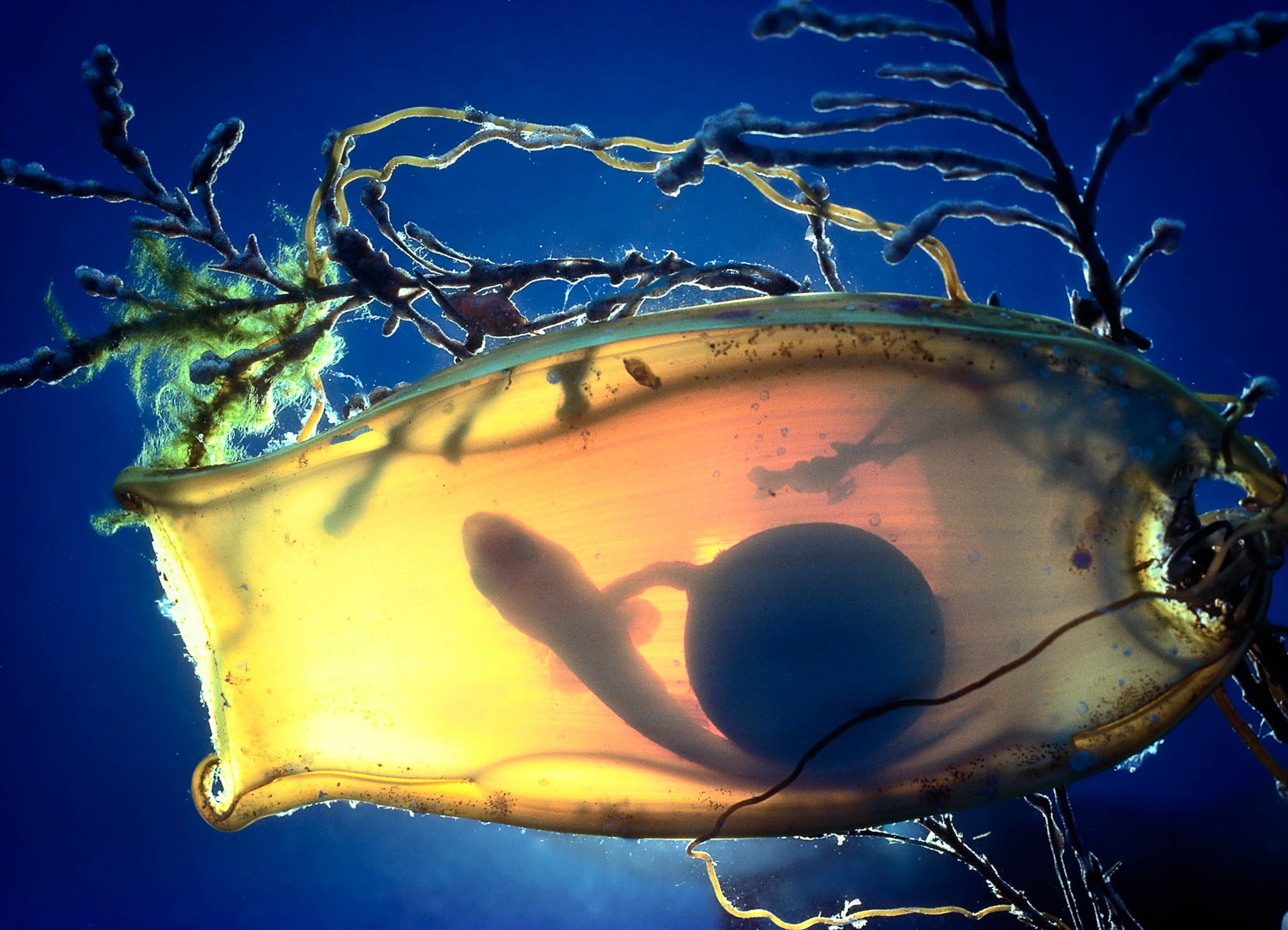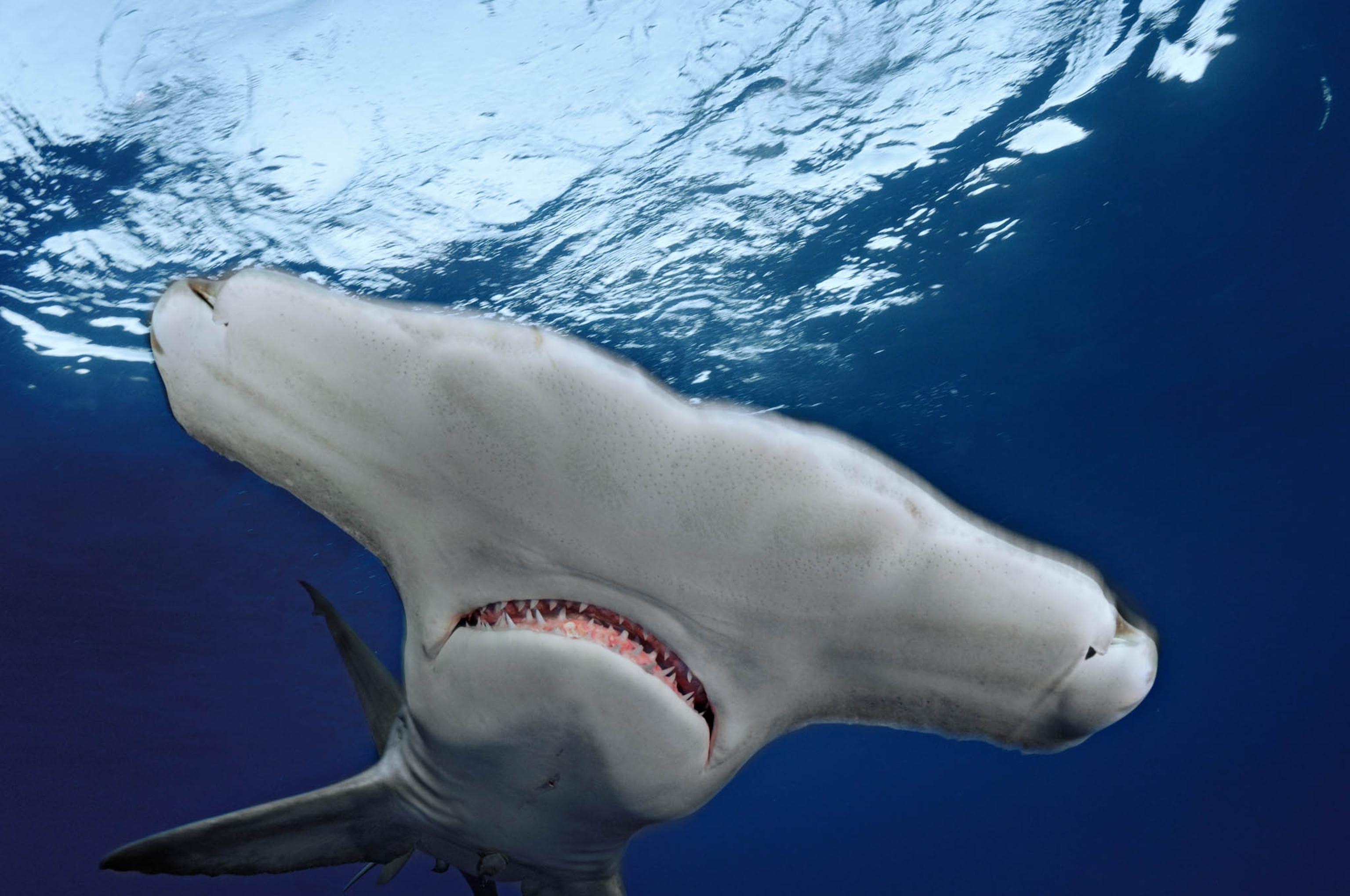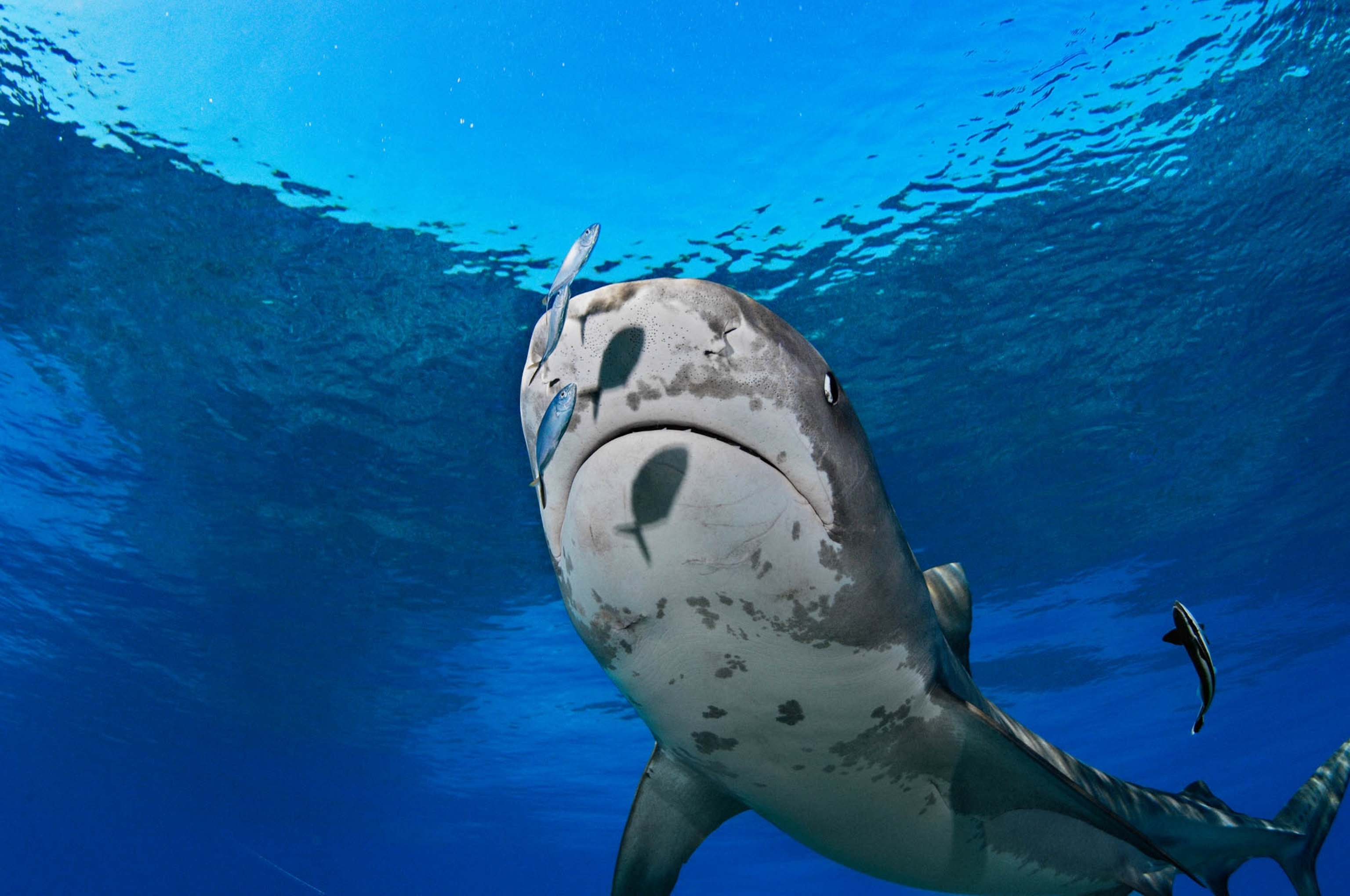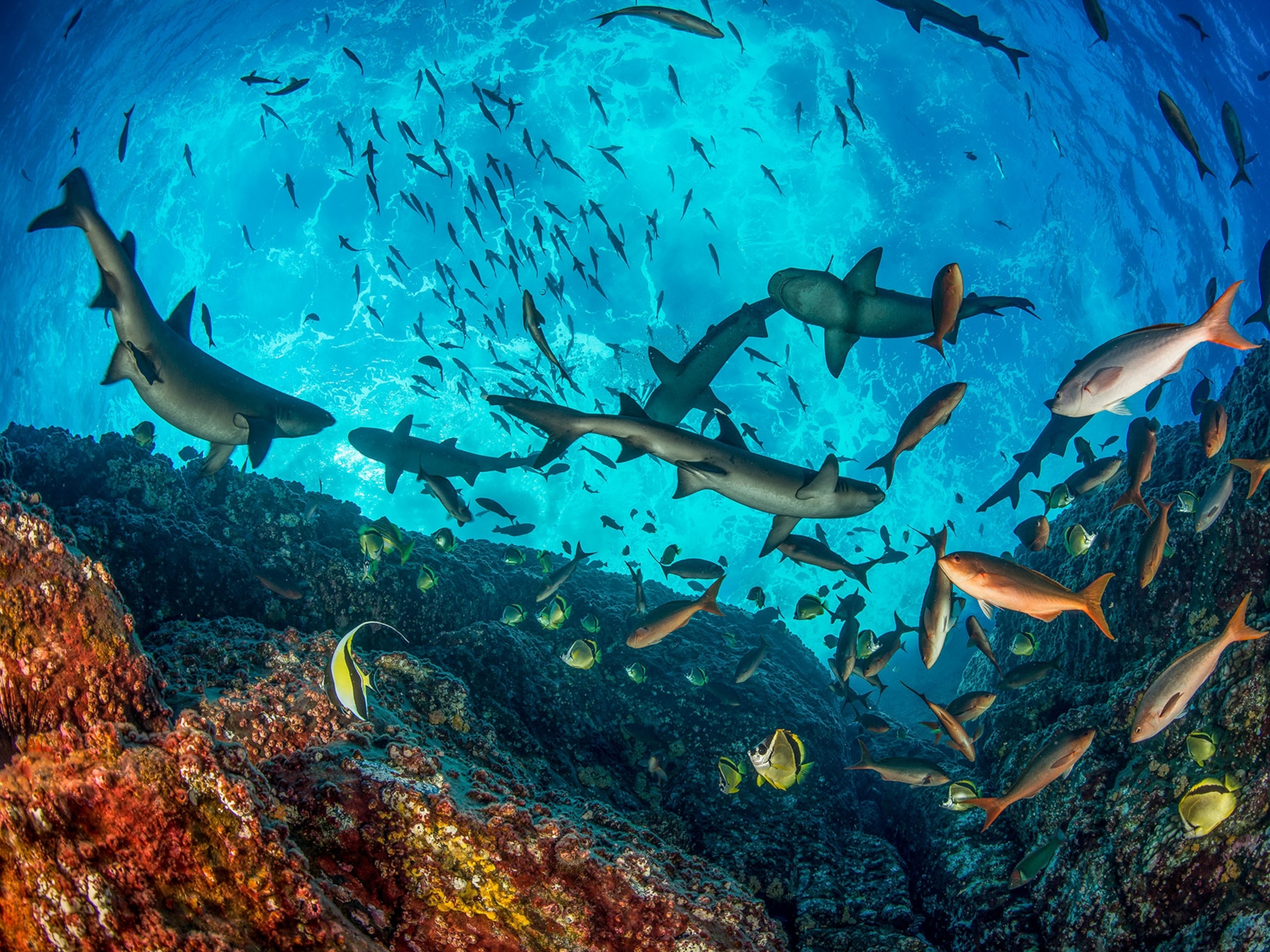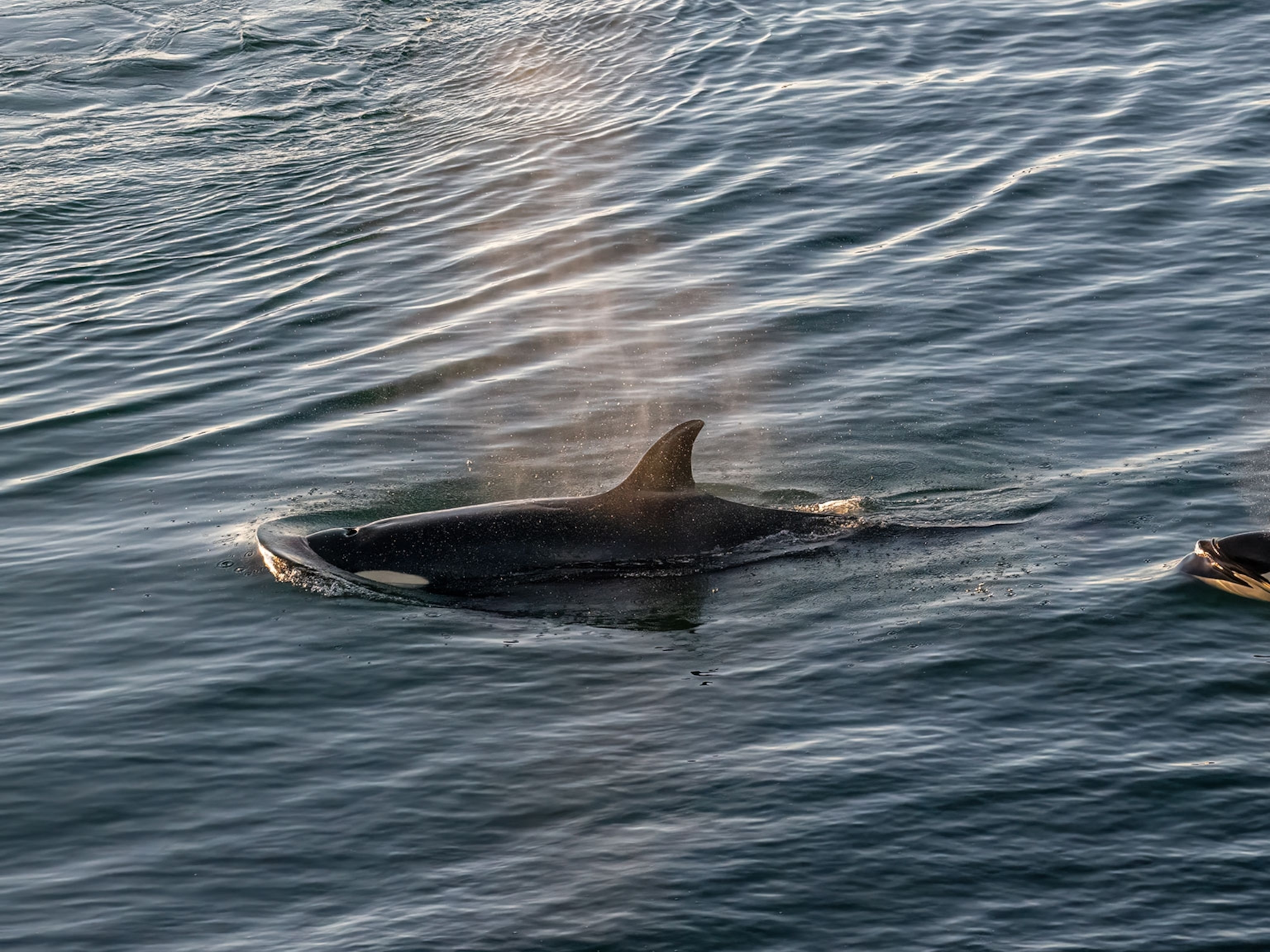After a Dramatic Start, Shark Attack Season Closes Quietly
Waters have calmed this summer, but recent sightings of great whites in the northeastern United States have lifeguards on alert.
A summer that began with a series of high-profile shark attacks in the U.S. has turned into a relatively average season for shark bites. But heading into Labor Day weekend, some risk remains.
So far this year, there have been 61 confirmed unprovoked shark attacks around the world, six of them fatal, according to the International Shark Attack File at the Florida Museum of Natural History. That’s compared to 72 unprovoked shark attacks last year, 76 in 2013, and 83 in 2012.
Thirty-three of this year’s attacks (one of them fatal) were in the U.S. Eight of them occurred in a span of about six weeks in early summer off the coast of North Carolina, a state that had seen a total of only 25 shark attacks in the previous decade.
But waters have calmed. Now, with most of summer behind us, “we’re on track for an average year for shark attacks,” says George H. Burgess, director of the International Shark Attack File. “We’re always hesitant to use half-time scores, but Labor Day typically marks a turning point after which there are fewer people in the water.”
That’s significant, because the amount of people in the ocean is the biggest risk factor for shark attacks. Since 1900, the number of bites have risen steadily, even as the worldwide population of sharks has plummeted, due to pollution and overfishing.
The chance for an individual bather getting bitten remains vanishingly small, at one in 11.5 million, according to Burgess. But warm water attracts both sharks and bathers, and could account for the string of bites in North Carolina.
“Shark encounters often occur in clumps,” says Burgess. “Since that time things have calmed to a low-contact situation,” most likely due to shifts in weather and the prey species sharks chase.
More Great Whites?
Massachusetts lifeguards have been warned to go on high alert after biologists reported an unusually high number of great white sharks off Cape Cod in recent weeks, including 23 in a 10-mile (16-kilometer) stretch on Monday. But Burgess says the risk is still low. (Read more on shark safety tips.)
Great whites do seem to be making a slow recovery in U.S. waters after being decimated by overfishing, says Greg Skomal, a senior fisheries scientist at Massachusetts Marine Fisheries. Great whites now enjoy some legal protections and their primary food source, seals, have been rebounding thanks to 1972’s Marine Mammal Protection Act.
See 10 Chilling Shark Pictures
The public seems to be more interested in sharks than ever, perhaps because “we all have phones that can take pictures,” says Burgess. White sharks around Cape Cod are even becoming a tourist attraction, with people scanning the waves for them with binoculars.
When a white shark was stranded on the beach there in July, people worked hard to rescue it.
“Beachgoers saw it not as a killer but as a beautiful animal that deserved to be saved,” says Burgess. “I think that attitude is becoming more of the norm.”


